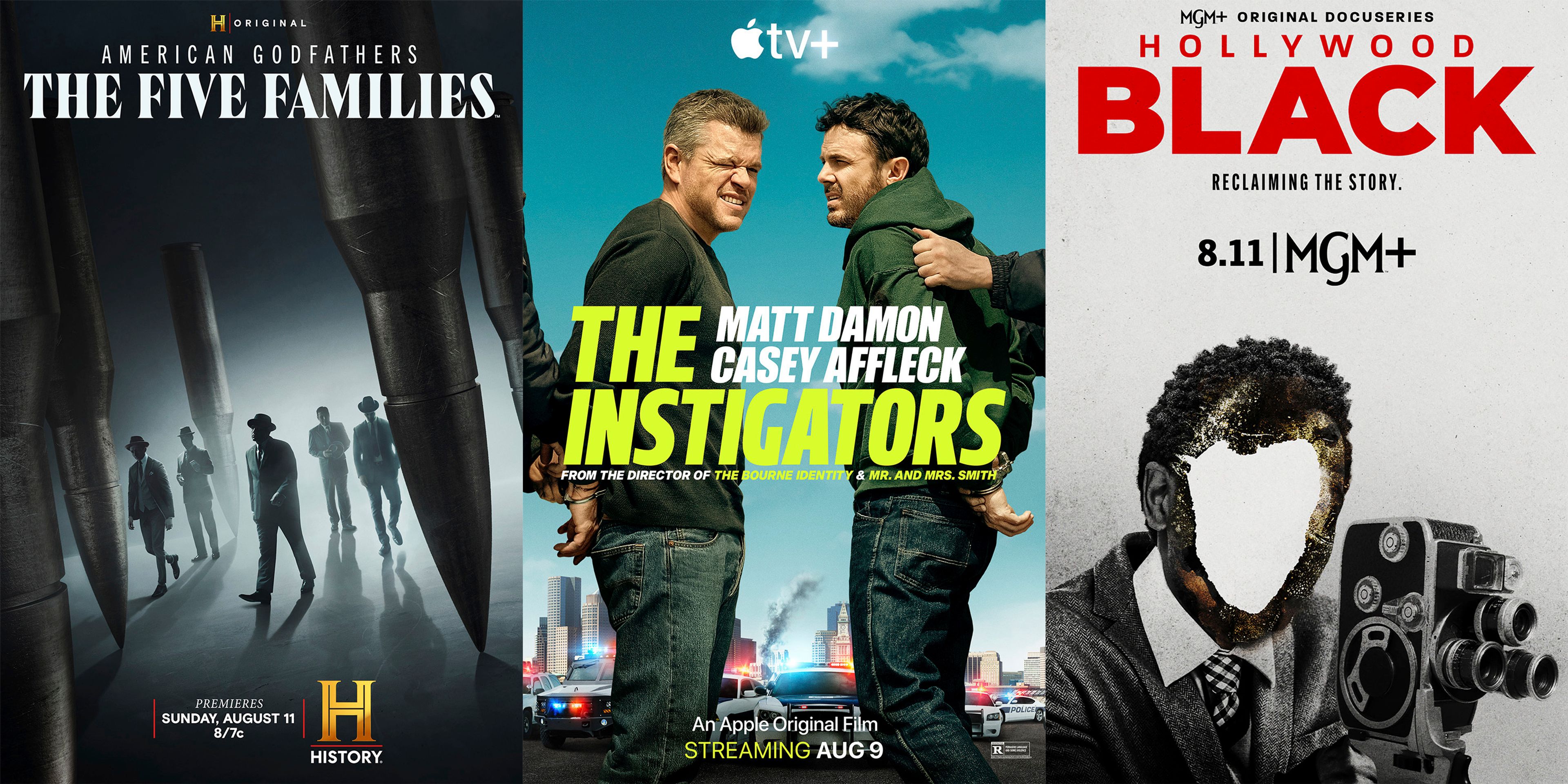NEW YORK -- Your TV provider soon may become your phone company. Which seems only fair, because your phone company also wants to be your TV provider.
In the next few months, cable giant Comcast will start selling wireless service, just as AT&T and Verizon already do. Charter, the No. 2 cable company, also has a mobile plan. Meanwhile, the largest wireless carriers -- AT&T and Verizon -- have launched digital TV services.
The wireless companies also are developing a faster, more reliable version of the mobile internet that could compete with cable's broadband.
In Europe, it's increasingly common for consumers to get home internet, mobile service and TV from the same provider, and the U.S. may be heading the same way, helped along by big mergers. Wall Street analysts already are analyzing potential deals, assuming the Trump administration will be more open to big acquisitions even in industries with just a few dominant companies.
This process would spool out over several years, if it happens at all. Cable companies probably won't have much effect on the wireless business until after 2020, MoffettNathanson analyst Craig Moffett wrote in a note back in September. The new wireless standard, called "5G," also may emerge widely around then.
If new services work well, it could mean more competition and lower bills for consumers. But mergers could drive prices higher.
Broadband providers also could try to steer consumers to their own apps and services, disadvantaging rivals and ultimately limiting consumer choice.
The phone company already does video
AT&T's moves are pressuring Big Cable to act, JPMorgan analyst Philip Cusick said. AT&T offers DirecTV and cellphone broadband nationwide and wants to buy Time Warner, the owner of CNN, HBO, TBS and Warner Bros.
Its new mobile-focused online-cable equivalent, DirecTV Now, could steal cable customers if the bugs get worked out. And AT&T promotes DirecTV Now by exempting it from its wireless data caps. That makes it cheaper for a consumer than a rival service.
Other phone companies also see video as a way to make more money. T-Mobile hopes to attract more customers with unlimited data plans, which allow endless amounts of (degraded to DVD-level quality) video watching. That also could work as a cable substitute for customers who don't mind TV on a small screen. And Verizon promotes its own relatively unknown video app, go90, by exempting it from its mobile-data caps.
Cable is wireless
Regular cable service, of course, is far from dead. Comcast reported growth in cable subscribers in 2016, the first annual gain in a decade, mostly because fewer customers are leaving. Its service bundles can be cheaper than paying Comcast for internet and getting TV elsewhere, its updated X1 cable box helps keep them on board, and less expensive "skinny bundles" with fewer channels appeal to customers turned off by cable's expense.
The rush of election-related ads and football ads on NBC, which Comcast owns, also boosted results. Fourth-quarter net income rose 16.5 percent to $2.3 billion, and revenue grew 9.2 percent to $21.03 billion.
But Comcast also is pushing into wireless because phone video is increasingly popular, and people spend a lot of time on mobile devices. As far as consumers are concerned, much of cable's internet service is already, in effect, "wireless," because of home Wi-Fi and millions of hotspots sprinkled throughout cities.
Those hotspots don't reliably provide internet access to phones, however, so Comcast and Charter will resell Verizon cell service. Pricing and terms aren't known yet.
Down the road, however, analysts figure cable companies could expand wireless coverage with more carrier deals, building their own wireless networks or just acquiring mobile carriers outright. Mobile carriers also might buy out cable companies.
Asked whether reselling Verizon's network was the extent of the company's wireless ambitions or a stepping stone to something larger, Comcast CEO Brian Roberts said during the company's earnings call Thursday he hopes the Verizon deal is a sustainable "end-state strategy."
But John Malone, a cable pioneer and a major investor in Charter, has suggested the three biggest cable companies -- Comcast, Charter and Cox -- together could buy T-Mobile, the country's fastest-growing carrier. There have been reports Verizon is interested in buying Charter.
John Legere, T-Mobile's outspoken CEO, predicted cable's wireless effort won't work. Instead, he foresees a "mobile moonshot" from a tech giant. Google already sells a wireless service, Project Fi. It relies on the Sprint, T-Mobile and U.S. Cellular networks.
The '5G'
Wireless carriers, meanwhile, are working on 5G -- an upcoming technology that promises much faster internet for cellphones and other uses. (And, maybe, higher prices.)
Before it gets to phones, however, 5G might provide an alternative for fast home internet. AT&T and Verizon are testing "fixed wireless" services for the home. Verizon has launched field tests in 10 areas around the country. AT&T said it will experiment with this home-internet option in Austin, Texas, for customers using its DirecTV Now internet-cable service. It also plans more 5G tests in the second half of the year.
It's not clear how widespread 5G fixed wireless will be. There are also questions about whether it'll be as reliable as cable broadband for the ever-growing number of devices in a household, Strategy Analytics analyst Jason Blackwell said.
Connect with the Southeast Missourian Newsroom:
For corrections to this story or other insights for the editor, click here. To submit a letter to the editor, click here. To learn about the Southeast Missourian’s AI Policy, click here.








